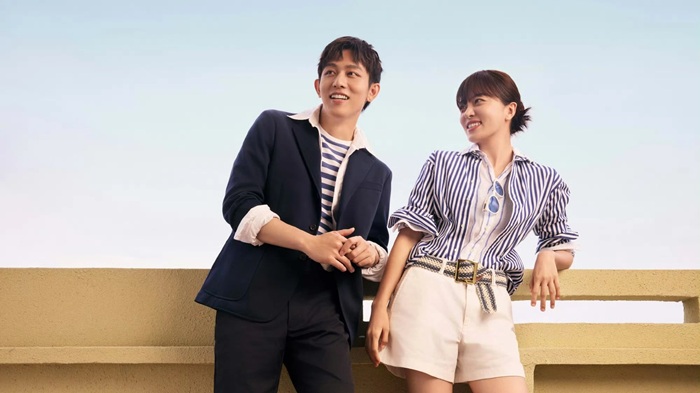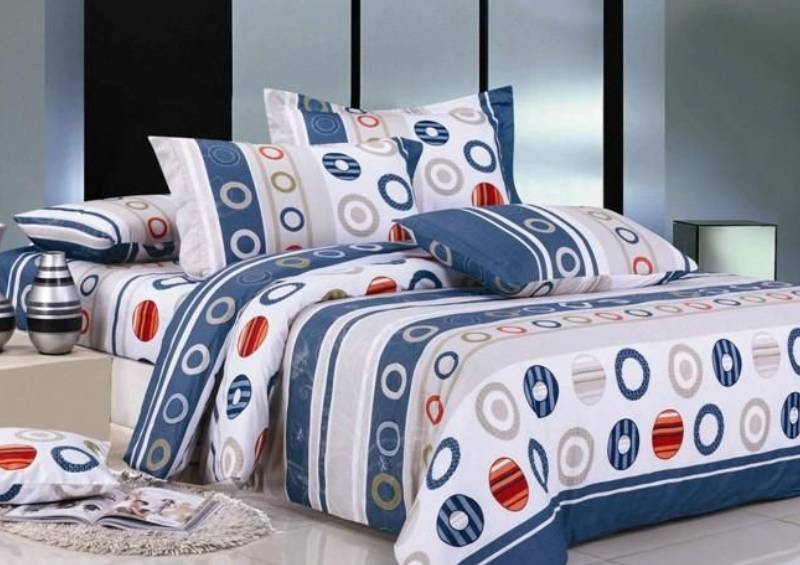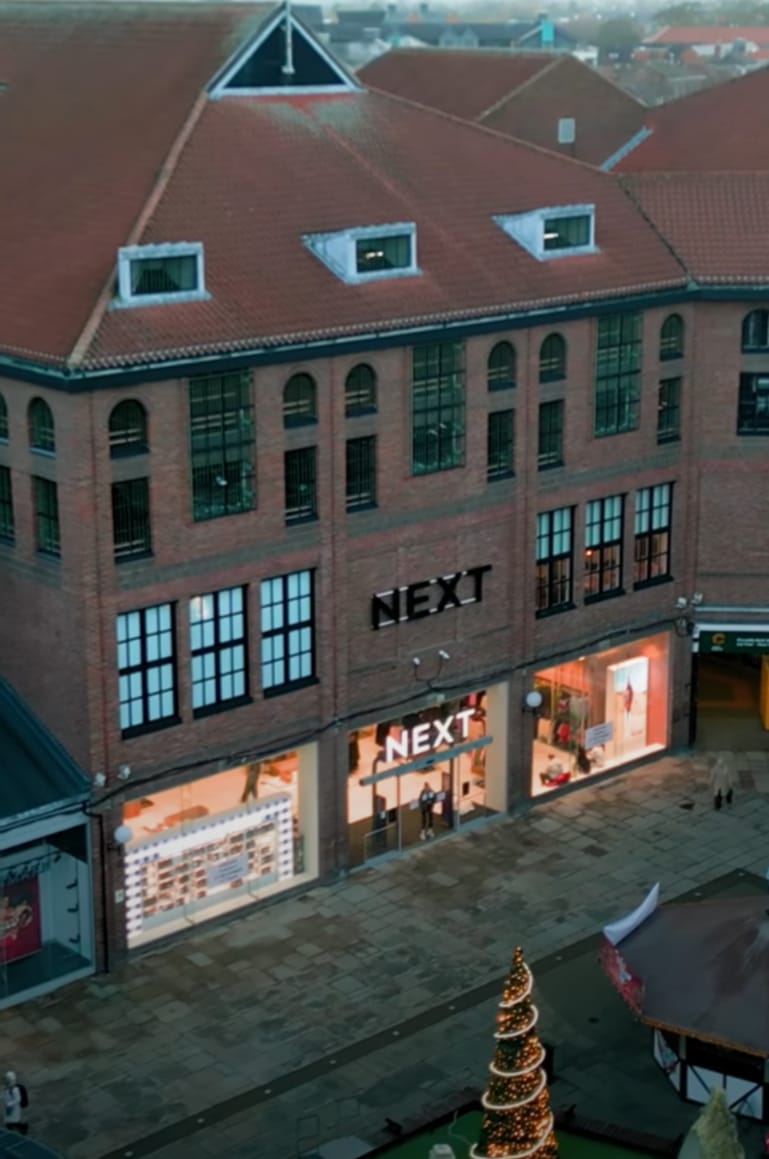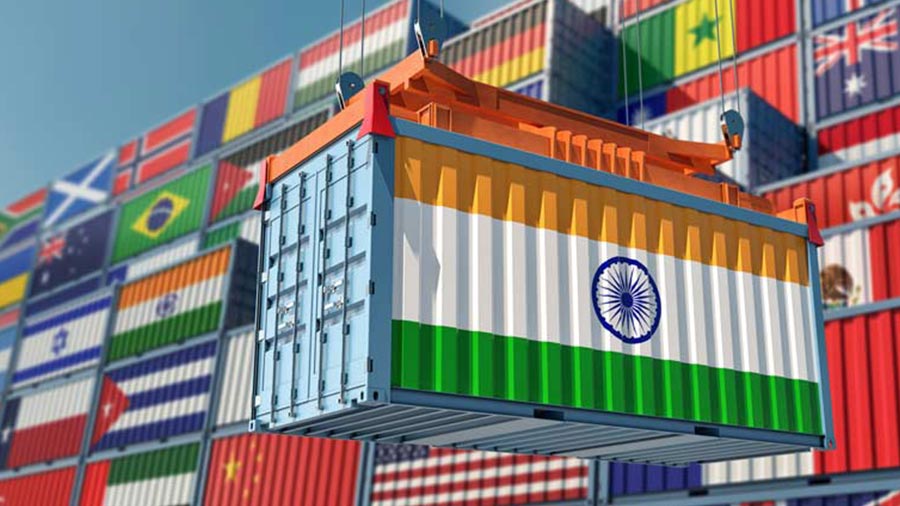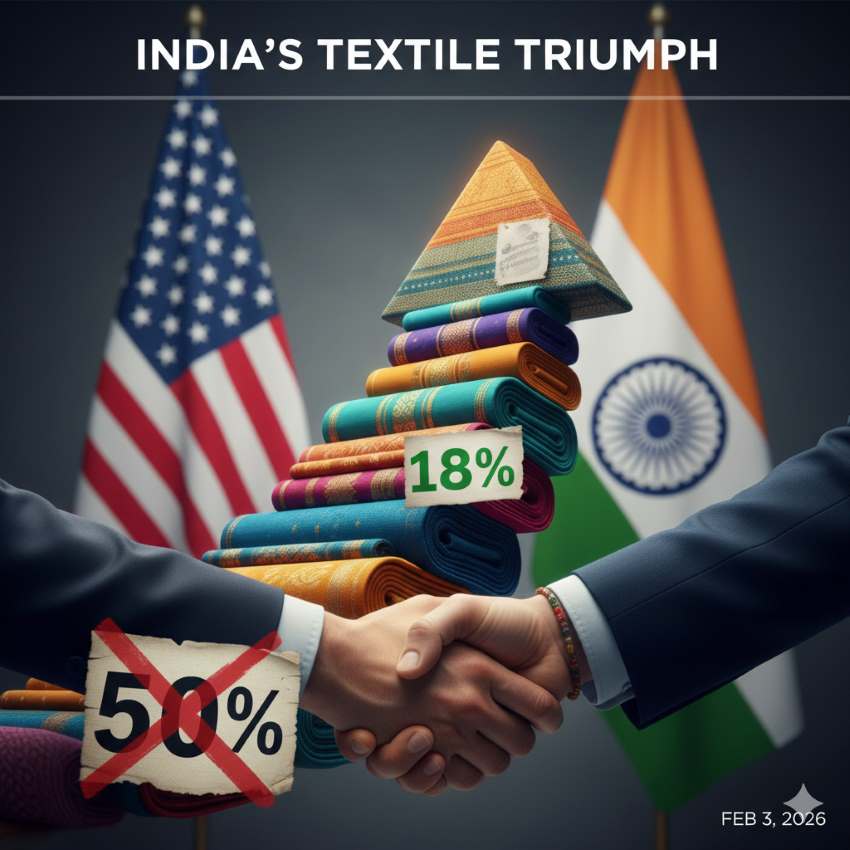"The February 2019 edition of New York Fashion invited three Hong Kong fashion designer labels, 112 Mountainyam, Anveglosa and Heaven Please+ to showcase their Fall/Winter 2019 collections. In addition, medium to high-priced fashion clothing bearing Hong Kong designer labels are being sold at renowned department stores and e-tailing platforms such as Bloomingdale's, Ferd.com, Net-A-Porter and Macy's. Hong Kong’s fashion designers have gained worldwide reputation for their professional expertise, sensitivity to current trends and ability to blend commercialism with innovation."
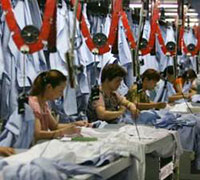 The February 2019 edition of New York Fashion invited three Hong Kong fashion designer labels, 112 Mountainyam, Anveglosa and Heaven Please+ to showcase their Fall/Winter 2019 collections. In addition, medium to high-priced fashion clothing bearing Hong Kong designer labels are being sold at renowned department stores and e-tailing platforms such as Bloomingdale's, Ferd.com, Net-A-Porter and Macy's. Hong Kong’s fashion designers have gained worldwide reputation for their professional expertise, sensitivity to current trends and ability to blend commercialism with innovation.
The February 2019 edition of New York Fashion invited three Hong Kong fashion designer labels, 112 Mountainyam, Anveglosa and Heaven Please+ to showcase their Fall/Winter 2019 collections. In addition, medium to high-priced fashion clothing bearing Hong Kong designer labels are being sold at renowned department stores and e-tailing platforms such as Bloomingdale's, Ferd.com, Net-A-Porter and Macy's. Hong Kong’s fashion designers have gained worldwide reputation for their professional expertise, sensitivity to current trends and ability to blend commercialism with innovation.
A global sourcing hub, Hong Kong attracts many international trading houses and retailers. Some retailers who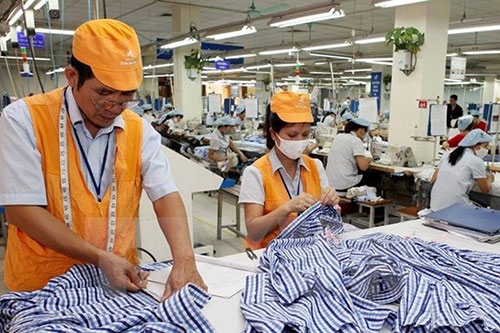 source from Hong Kong include: American and European department stores like Macy's, JCPenney, Federated, Karstadt Quelle, C&A, discount stores like Sears, Target and Carrefour, speciality chains including House of Holland, Temperley London, Willsoor, Zoot and e-tailers like Zalora.
source from Hong Kong include: American and European department stores like Macy's, JCPenney, Federated, Karstadt Quelle, C&A, discount stores like Sears, Target and Carrefour, speciality chains including House of Holland, Temperley London, Willsoor, Zoot and e-tailers like Zalora.
A common meeting ground
One common avenues for Hong Kong buyers and suppliers to meet are the various trade fairs and exhibitions that manufacturers and traders involve themselves in. Some international shows, organised by the Hong Kong Trade Development Council (HKTDC), are held in Beijing, Budapest, Chengdu, Dalian, Dubai, Dusseldorf, Moscow, Mumbai, Paris, Tokyo, Warsaw, Istanbul and Jakarta. The Hong Kong Fashion Week organised twice a year is one of them. HKTDC also organises the ‘World Boutique, Hong Kong’ event which was renamed as CENTRESTAGE in 2016. It was also rescheduled from January to September.
Digital transformation, advanced production technologies such as digital and laser printing, 3D knitting, semi-automated sewing and robotics, are breeding new generations of smart factories. These technologies are helping apparel manufacturers and designers to not only identify consumer needs, but also draw inferences from data and make better and quicker response to the fast-changing demand and fashion trends. Garment retailers are also launching private or house labels for effective marketing of their clothes. Some retailers who own private labels include: H&M, Marks& Spencer, Orsay, Palmers, Pimkie, Springfield and Kookai. IKEA too has launched its first limited-edition private-label fashion accessory, the IKEA fisherman hat, which has achieved great success in the US.
New materials and modes of production
Sustainability is gaining ground with manufacturers launching new materials and innovative ways of production. The concept of circular economy is also becoming popular with suppliers committing to such ideas as end-of-life collection and closed-loop fashion products to enable the reuse and recycling of textile fibres and fabrics. They are also increasingly adopting traceability standards such as OE Blended, OE 100 standard and the Global Organic Textile Standard (GOTS).
Clothes made from easy-care fabrics are becoming popular in the Hong Kong with brands such as LXN Collections focusing on tailor-made quick-dry and stain-resistant business attire. People in the country are also embracing a healthier urban lifeystyle, leading to a rise in demand for athleisure. Many althleisure brands are expanding their product lines to include such as blouses and blazers.
Customers are expressing their creativity by making own fashion designs and clothes. This has led to reputable clothing stores like Nike, Adidas and Walmart selling personalised apparel. Smaller companies are also allowing their consumers to customise their clothes and accessories with their own designs created online.

